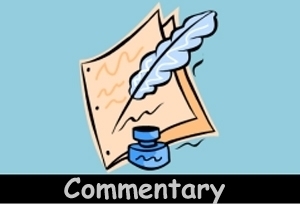
In a very welcome development, responding to a writ petition moved by the Human Rights and Peace for Bangladesh (HRPB), the High Court yesterday scrapped Section 41 (1) of the Public Service Act 2018 calling it ‘illegal’ on the grounds that the law “violated the Constitution and fundamental rights”. This law stipulated that civil servants implicated in criminal cases can only be arrested with “prior permission” of the government or employing authorities.
When this strange law was passed three years ago, objections to it were raised from different quarters on various grounds. First, it has given a free pass or a kind of immunity to government officials who could get away with doing any crimes including corruption. Understandably, corruption among the officials became so rife that they needed a legal shield from the employing authorities which are also corrupt in the first place. This law gave them the necessary protection.
Many at that time had also pointed out that this provision would indemnify a particular group of people and encourage corruption, as the HC observed during the hearing of the case. Plundering of public money and discovery of the existence of ‘Begum Para’ in Canada, for example, testify why such a law was necessary for the government employees. If it is said that this strange law had its role to bring Bangladesh economy to the brink of collapse at present, it will not be an overstatement.
Common sense tells us that as public officials enjoy a certain degree of power and deal with public money and property, the law for them should be stricter so that they do not indulge in misuse of power and corruption. In Bangladesh, the matter is not to be so.

Here public servants behave like masters as they did during the British colonial period. Government service seekers are still treated by them as subjects as if it is a feudal society. The passing of the just scrapped Section of the Public Service Act 2018 was ample proof that nothing has changed. Here the government can be in power without being elected in a free and fair election taking full control over the judiciary and the election commission.
We do not believe that after scrapping this law, the practice will be changed from now as everybody lives in fear. We proved it again and again that our educated people are generally cowards and opportunists.
We do not have a government for governance although we have a Constitution where the rule of law is guaranteed. Though the judiciary is not independent, some of our judges are showing courage of conscience. That does not mean the judiciary is not in fear.
Fear or cowardice is the national characteristic of our educated people generally.

